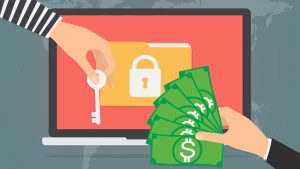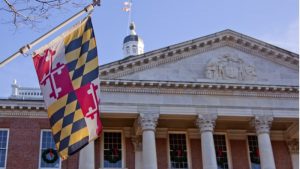A recent report on edtech app usage in more than 100 K-12 school districts suggests that the introduction of the technology has established new security vulnerabilities and a need to tighten students’ data privacy practices.
Online students’ views of remote education are at an all-time high post-pandemic. According to a report published this month, 94 percent of students hold positive views of online learning – up eight percent from the 2019 survey.
The first annual report that tracks how state education agencies and policymakers are adapting to a post-pandemic digital world revealed that while some states have made great strides to support digital learning, many must do more to prioritize edtech. The 2022 State EdTech Trends Report – published by the State Educational Technology Directors Association (SETDA) […]
North Dakota Information Technology (NDIT) launched the first-ever state-developed digital credential application on August 24, coined with the term “digital wallet.” According to the press release, it allows users to present their high school transcript digitally. Students can have all their degrees, certifications, badges, and skills located in one accessible and secure application. “These digital […]
A new report put out by LearnPlatform shows that more modern educational technology tools have been accessed by students and teachers during the 2021-2022 school year, as well as showcases which are the most popular.
The Pennsylvania Department of Education (PDE) has announced the launch of a new app aimed at helping students and families experiencing homelessness to connect with local services and resources.
The number of ransomware attacks on both K-12 and higher education institutions increased in 2021, according to a new report from Sophos, a global cybersecurity leader.
Maryland Gov. Larry Hogan has announced more than $127.6 million in broadband grants for local jurisdictions, Internet Service Providers, and community organizations, as well as education-specific grants that will expand infrastructure and provide wireless devices and equipment to Maryland’s K-12 students.
The Federal Communications Commission (FCC) announced over $266 million in two new funding rounds through the Emergency Connectivity Funding (ECF) program to help close the “homework gap” for students that don’t have access to reliable broadband service and devices.
The House on July 12 approved by voice vote a bill that would provide surplus Federal government computer gear to educational institutions, veterans, individuals with disabilities, low-income individuals, students, or seniors in need.











